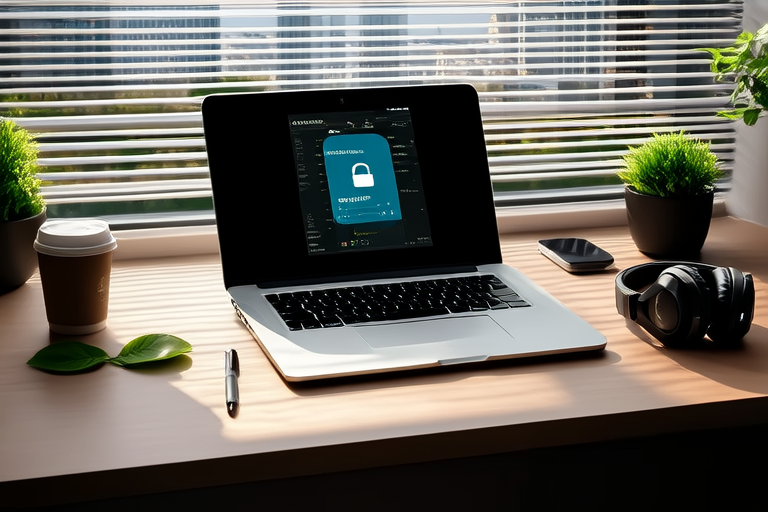“`html
5 Essential Tips for Enhancing Your Network Privacy Protection
In today’s increasingly interconnected world, network privacy has become a critical concern. With the rise of cyber threats such as hacking, data breaches, and phishing, safeguarding personal and sensitive information is more important than ever. This article provides five essential tips to help you enhance your network privacy protection, ensuring that your digital life remains secure.
Introduction
The importance of network privacy cannot be overstated. In an era where nearly every aspect of our lives is digitized, from banking transactions to social media interactions, protecting our online presence is paramount. Common threats include unauthorized access to personal data, identity theft, and malicious software designed to exploit vulnerabilities in our systems. Proactive measures are crucial in mitigating these risks and maintaining the integrity of our digital identities.
Main Body
1. Use Strong and Unique Passwords
Passwords serve as the first line of defense against unauthorized access. A weak password can easily be cracked by hackers, leaving your personal information exposed. To create a strong password, aim for a minimum length of 12 characters, incorporating a mix of uppercase and lowercase letters, numbers, and special characters. Avoid using easily guessable information like birthdays or common words. Additionally, using a password manager can streamline the process of managing multiple complex passwords, enhancing overall security.
2. Enable Two-Factor Authentication (2FA)
Two-factor authentication (2FA) adds an extra layer of security by requiring a second form of verification beyond just a password. This method significantly reduces the risk of unauthorized access even if a hacker manages to obtain your password. Common methods of 2FA include receiving a code via SMS, using an authenticator app like Google Authenticator or Authy, or employing hardware tokens. Setting up and using 2FA effectively is crucial, as it ensures that even if your password is compromised, an additional step is required to gain access.
3. Keep Software and Systems Updated
Regularly updating software and operating systems is vital for maintaining network privacy. Outdated systems are often more vulnerable to attacks due to known security flaws that have not been patched. Hackers frequently exploit these vulnerabilities to gain unauthorized access. Automating updates where possible ensures that your systems are always running the latest, most secure versions available. This proactive approach minimizes the window of opportunity for potential breaches.
4. Use a Reliable Firewall and Antivirus
A firewall acts as a barrier between your network and external threats, blocking unauthorized access attempts. Configuring your firewall correctly is essential for effective protection. Antivirus software, on the other hand, detects and removes malicious software, helping to safeguard your system from viruses, malware, and other harmful programs. Regular scans and keeping your antivirus definitions up-to-date are key to maintaining robust protection. Proper configuration of both firewall and antivirus tools ensures optimal security for your network.
5. Be Cautious with Public Wi-Fi
Public Wi-Fi networks pose significant risks to network privacy. These open networks lack the security features of private networks, making them attractive targets for cybercriminals. When using public Wi-Fi, it is advisable to use a virtual private network (VPN) to encrypt your internet connection and protect your data from prying eyes. Always verify the legitimacy of public Wi-Fi networks before connecting, and avoid accessing sensitive information such as banking details or personal emails over unsecured connections.
Conclusion
By implementing the five essential tips outlined in this article—using strong and unique passwords, enabling two-factor authentication, keeping software and systems updated, using a reliable firewall and antivirus, and being cautious with public Wi-Fi—you can significantly enhance your network privacy protection. Taking immediate steps to secure your digital life is crucial in today’s environment. Remember, vigilance is an ongoing necessity in the ever-evolving landscape of cybersecurity. Stay informed, stay proactive, and keep your personal data safe.
“`




